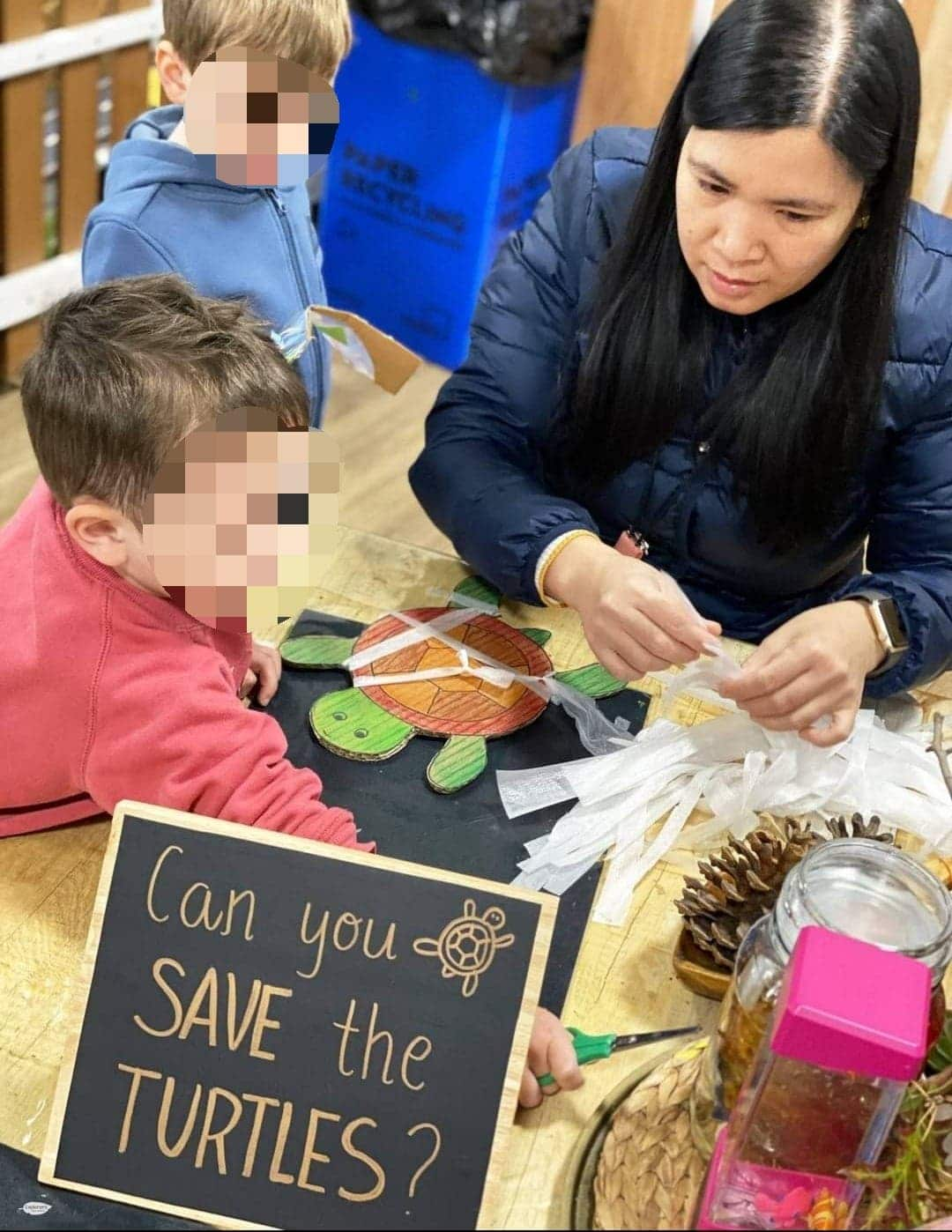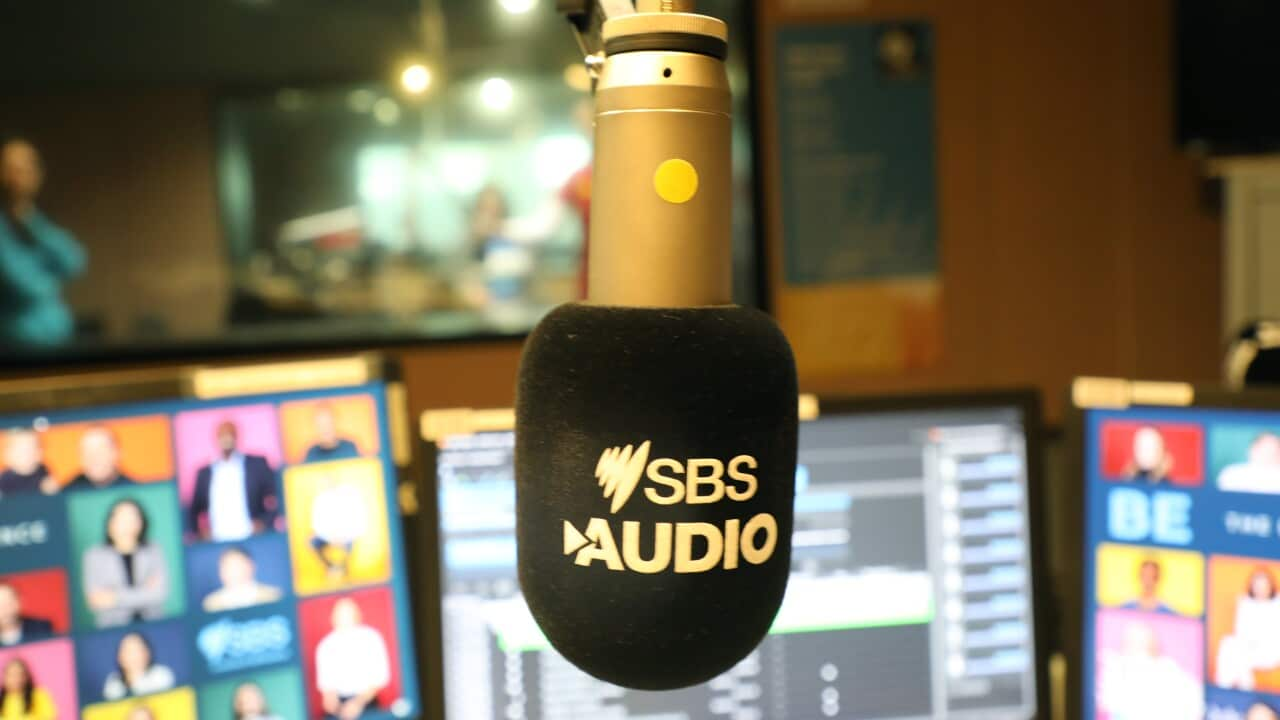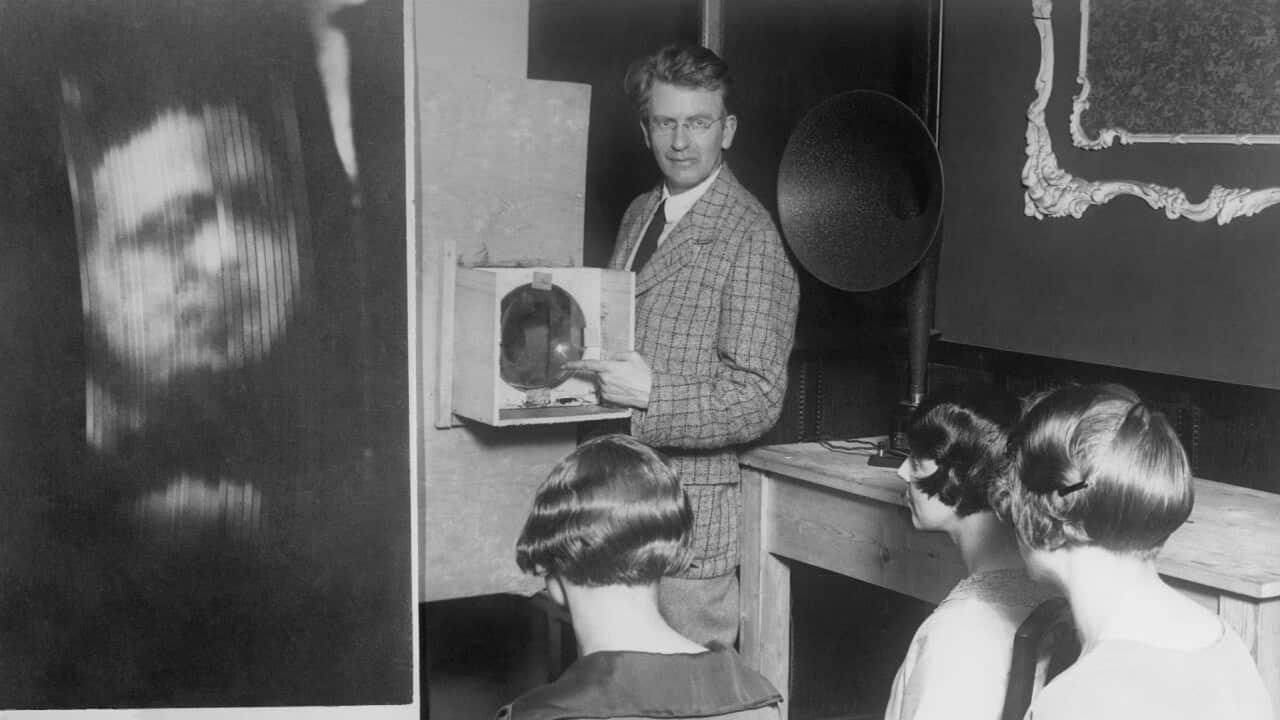Key Points
- Early Childhood teaching is one of the top ten professions with critical worker shortages revealed by the government before the Jobs and Skills Summit.
- The Victorian government launched the scholarship grant for early childhood teaching courses last year.
- The demand is presumed to get higher as Victoria announced free kinder and will establish new childcare centres.

Melbourne-based educator Shirley Aran-Rodriguez is not surprised by the news that her job is included in the top ten professions with critical skills shortages.
It was 2019 since she studied for Certificate in Early Childhood Education and Care and continued to a Diploma.
“I received the $25,000 early childhood teaching grant which is much higher than nursing so it shows there’s a demand,” Shirley Aran-Rodriguez from Melbourne shared.

After three years of working in the sector, Rodriguez wanted to progress her professional development. After learning about the scholarship, she took the opportunity to study for a bachelor’s degree for free.
“When you enrol, you will receive $10,000 initially and the remaining amount will be given after you graduate and start work as an early childhood teacher.”
Aside from the $25,000 grant for a bachelor’s degree, those who will study graduate diploma will get $12,000 while $18,000 for a master's qualification.

Scholarship for Victorians is exclusive to domestic students but didn’t stop Ericha Onggon, a 23-year-old international student from taking up the Certificate in Early Childhood Education and Care.
Onggon arrive to Australia in April 2022. And after three months, she secured a job in the said sector.
“I was hired in a childcare centre, and it’s good to gain experience while studying although my rate is lower than those with certificates,” Onggon explained.
Her big amount of payment for her education and migration agent is ‘worth it,’ realising her dream to settle in Australia.

Aran-Rodriguez and Onggon have been aware of the issues like wage growth and staff shortages in their industry and hoping these will be addressed.
Australian Education Union President Correna Haythorpe said some teachers experience the pressure.
"Teaching out of the field - when you are teaching subjects you have not been trained for or qualified for - is a significant issue. We know particularly for rural, regional and remote locations that many teachers are teaching out of the field and this increases their workload and the pressure on them."
Burnout is a focus of the government's new task force on teacher shortages which met this week and followed the education minister's meeting earlier this month.
It's part of the government's push to focus on fixing the care sectors, as the Prime Minister reiterated during his address to the National Press Club.
Over the next decade, we'll need more educators, carers and nurses in every part of our system. We won't do that with broken institutions and burnt-out staff.Prime Minister Anthony Albanese
Related Content

Jobs and Skills Summit begins but what's on the agenda?




